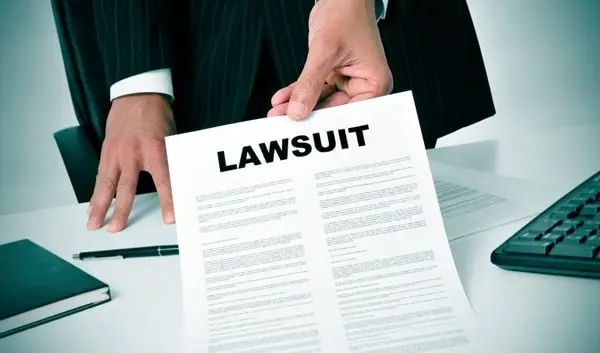Since its release in 2021, Netflix’s Squid Game has become a global phenomenon, drawing in billions of viewers and earning numerous awards. However, this success has not been without legal challenges. In September 2024, Indian filmmaker Soham Shah filed a lawsuit against Netflix, claiming that Squid Game is a blatant rip-off of his 2009 film Luck. The lawsuit, filed in the U.S. District Court for the Southern District of New York, accuses Netflix and the creator of Squid Game, Hwang Dong-hyuk, of plagiarizing key elements of his film. As Squid Game gears up for its second season in December 2024, this legal battle has sparked renewed debate on intellectual property rights in the entertainment industry.
The Allegations: Squid Game vs. Luck
The crux of Shah’s lawsuit revolves around the striking similarities between the plot of Squid Game and his Hindi-language action thriller Luck, released in 2009. Both stories center around a group of desperate, indebted individuals who are lured into participating in life-threatening games with the promise of winning large sums of money. In both narratives, players only discover the deadly consequences of failure after the games have begun, and wealthy onlookers bet on the participants’ survival.
Shah claims that the core themes, characters, and plot elements of Squid Game closely mirror those of Luck. He asserts that these similarities go beyond mere coincidence, suggesting that Netflix had access to his film, which was released globally, including in the United States and the United Kingdom. According to Shah, Squid Game builds on the concept of Luck and continues to generate profits through spin-offs, merchandise, and immersive experiences, all of which infringe on his original work.
Netflix’s Response
Netflix has strongly denied these allegations, calling the claims “baseless and without merit.” The company maintains that Squid Game is an original creation by South Korean director Hwang Dong-hyuk, who has stated that he first conceived the idea for the show in 2009, the same year Luck was released. Netflix’s defense hinges on the argument that while both works share a similar premise—survival games with life-and-death stakes—the execution, cultural context, and themes of the two are distinctly different.
Despite Netflix’s dismissal of the claims, the lawsuit has drawn significant attention due to the global success of Squid Game. Shah is seeking damages and an injunction to stop Netflix from further profiting from what he alleges is an infringement on his intellectual property, including the upcoming reality TV competition based on Squid Game and other planned expansions of the franchise.
A Broader Look at Copyright Lawsuits in Entertainment
The Squid Game lawsuit is not the first time Netflix has faced accusations of copyright infringement. In August 2023, the streaming giant settled a lawsuit involving its hit show Stranger Things, where a writer claimed that elements of his screenplay had been used without permission. Copyright disputes have become increasingly common in the entertainment industry, especially as streaming platforms like Netflix expand their content offerings globally. With billions of dollars at stake, creators are more vigilant than ever about protecting their intellectual property.
The Squid Game case highlights the difficulties in proving plagiarism in creative works. While similar themes and ideas may exist across multiple films and series, the key legal question often revolves around whether those similarities are substantial enough to constitute copyright infringement. For Netflix, defending its creative content has become an essential part of its business strategy, particularly as the company invests heavily in original programming.
Potential Impact on Netflix and Squid Game
The outcome of this lawsuit could have significant financial implications for Netflix. Shah’s lawsuit comes at a time when Squid Game remains one of the most valuable franchises for the streaming platform. The show reportedly generated over $900 million in value for Netflix and continues to be a major draw for viewers around the world. If Shah’s claims are upheld in court, Netflix could face hefty damages and might be forced to halt further developments in the Squid Game franchise.
Additionally, this case could set a precedent for future intellectual property disputes in the entertainment industry. With the growing influence of international cinema and streaming platforms, filmmakers from different regions may increasingly find themselves in disputes over shared themes and concepts.
Conclusion
As the lawsuit between Soham Shah and Netflix unfolds, it raises important questions about intellectual property rights and the protection of creative works in the global entertainment landscape. While Netflix continues to deny the allegations, the similarities between Squid Game and Luck are enough to warrant a closer look by the courts. Regardless of the outcome, this case underscores the complexities of navigating intellectual property in an increasingly interconnected and competitive industry.
For now, fans of Squid Game can look forward to the release of its second season, but the legal battles surrounding its creation may cast a shadow over its continued success.


